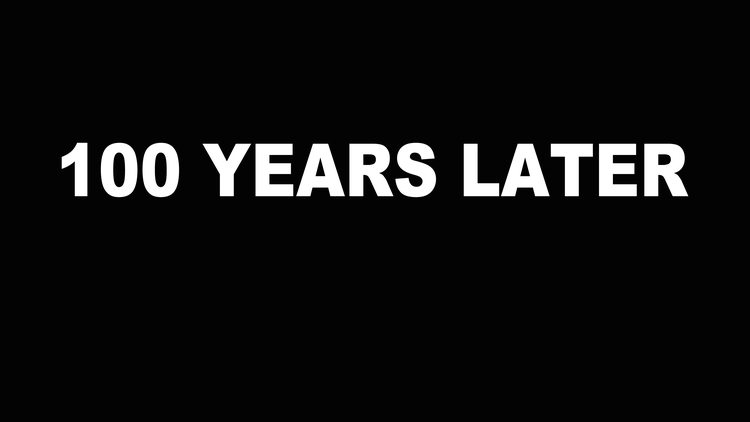by Senior Midnight Freemason Contributor
WB Gregory J. Knott
In part one the Grand Master of Illinois Austin M. Scrogin wrote in his annual report that Illinois Freemasonry was working hard to support the troops overseas and reminded the Illinois membership that though it was important to support the French people, the Grand Lodge of Illinois did not recognize the Grand Orient of France because they did not follow landmark of belief in a supreme being as a requirement for membership.
The challenges continued in part 2 of the series as MWB Scrogin was fielding many requests for Army lodges to be formed, but he did not honor these requests. Scrogin said “…Many men who enter into the service of their country make good soldiers would not make good Masons. The uncertainties of determining the fitness of men are so apparent that there is on security against the admission of the unworthy.” Scrogin was concerned that candidate wouldn’t be properly investigated and that the west gate would admit those who were truly not worthy.
Scrogin also argued that the old standard “the perfect youth” theory was a relic that should be abandonded because so many of the soldiers serving were suffering serious wounds that in and of themselves should not disqualify a man from becoming a Freemason. Changes to the Illinois code were later changed dropping these limitations.
And in the third installment Scrogin issued an edict that all lodges must work the ritual only in English. There were a handful of lodges in the Chicago area that were using the German language as these lodges membership was those of German ancestry. There was concern that by not using the English language that lodges would develop into a class system that would not be healthy for the craft.
Today 100 years later these changes are still impacting Illinois Freemasonry. All work must be done in the English language, Illinois does not sponsor military lodges, the Grand Orient of France is still not recognized, there still concerns about guarding the West gate and the physical limitations that once limited entry into our fraternity were formally dropped in 1919.
Though we generally like to think that Freemasonry is timeless and there can be no changes, the reality is that the events of today have an impact on the fraternity just like they did 100 years ago. Freemasonry does change with the ages, even when you don’t think it can or will. The decisions we make as a fraternity today will impact the craft a 100 years from now.
~GJK
WB Gregory J. Knott is the Worshipful Master of Ogden Lodge No. 754 in Ogden (IL) and a plural member of St. Joseph Lodge No. 970 (IL), Homer Lodge No. 199 (IL) and Naval Lodge No. 4 in Washington, DC.


